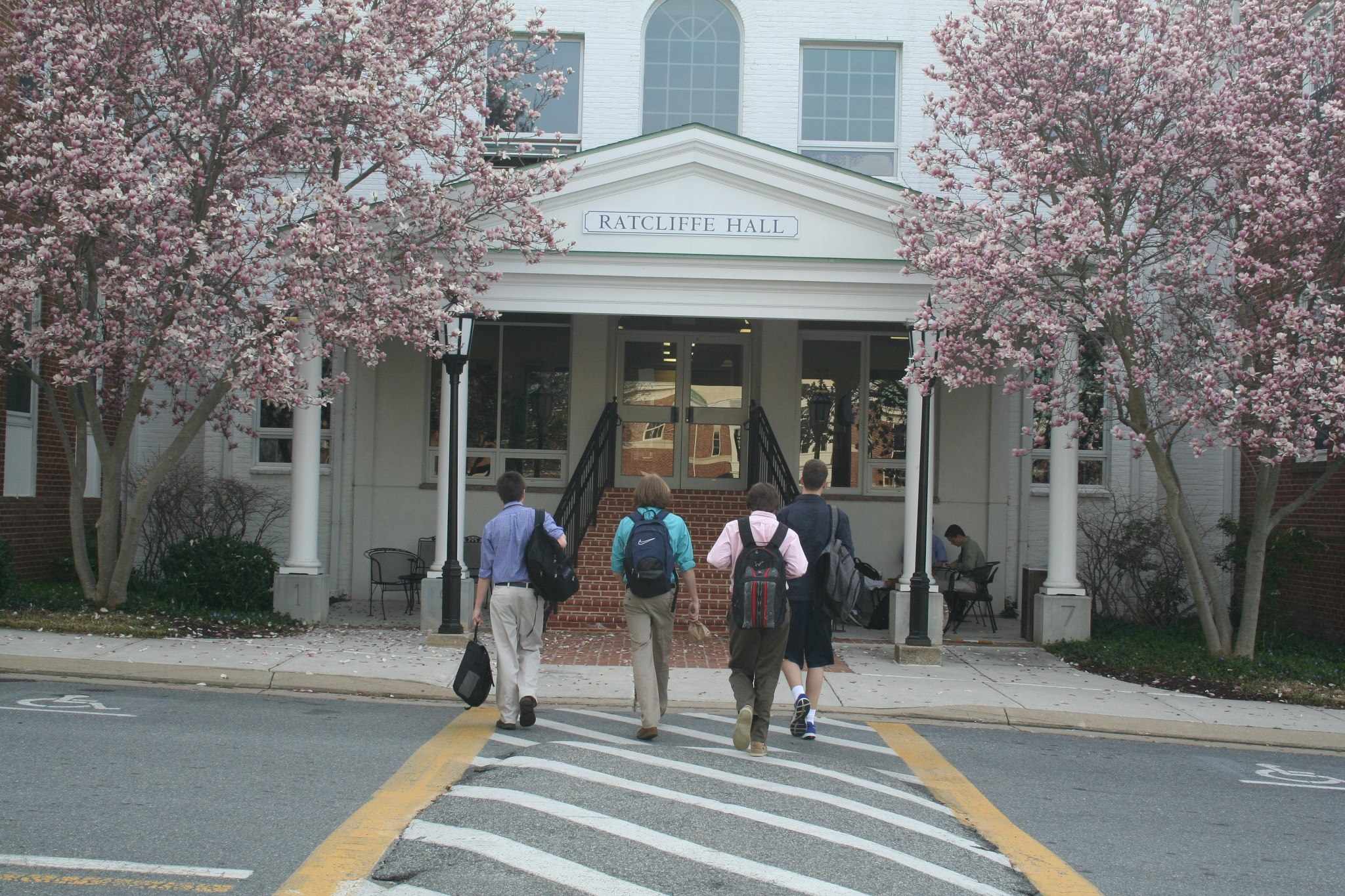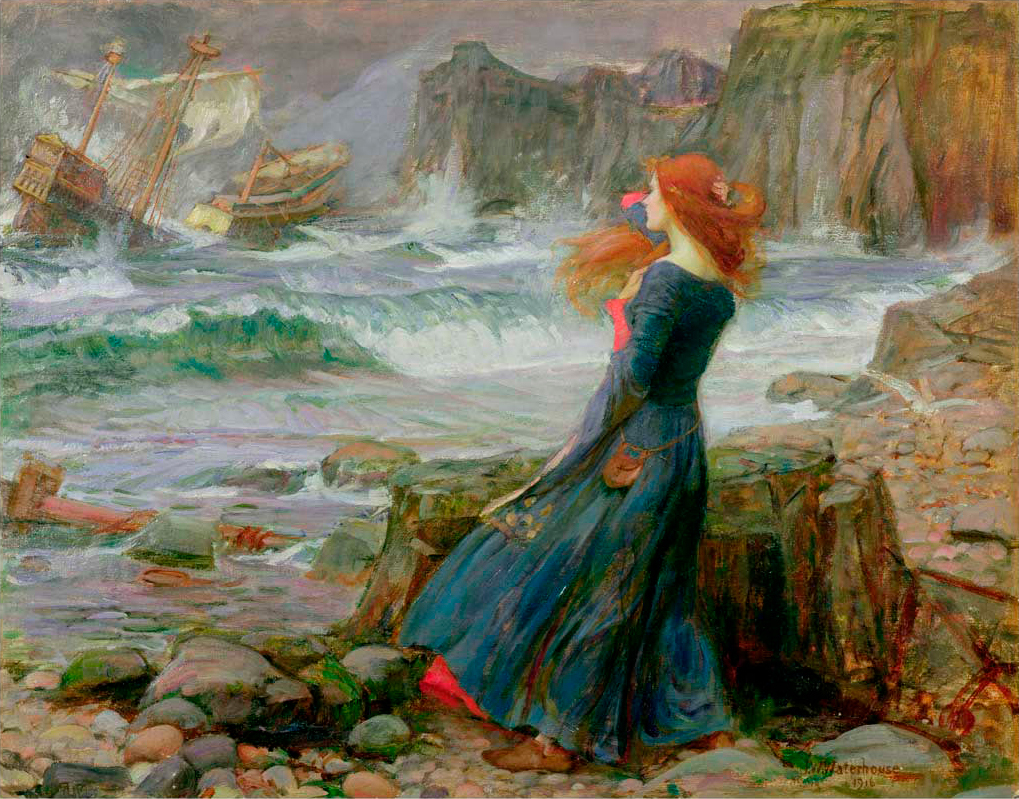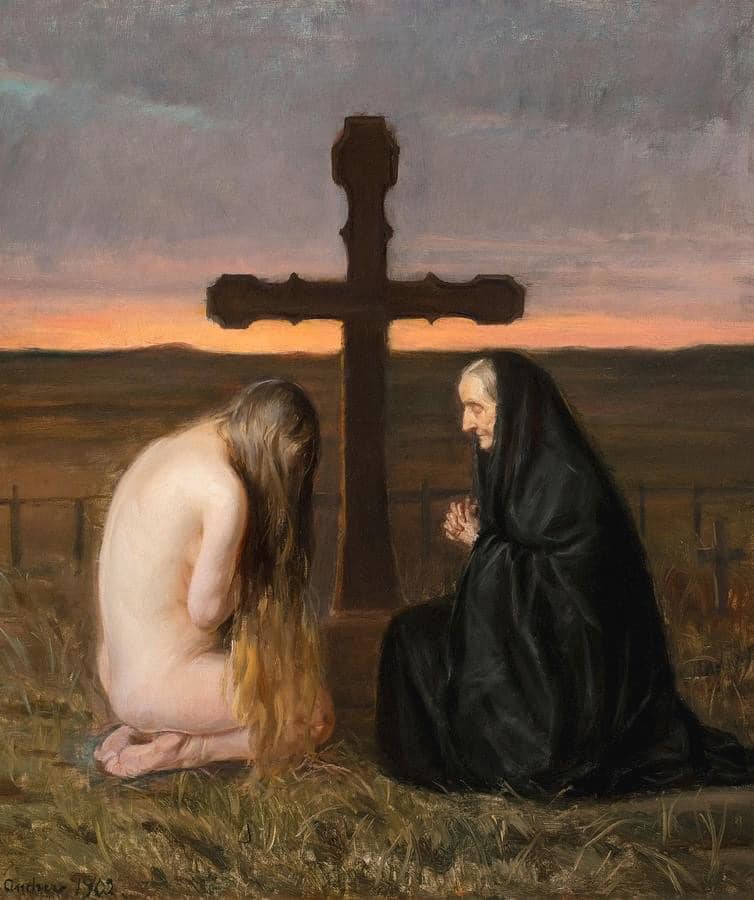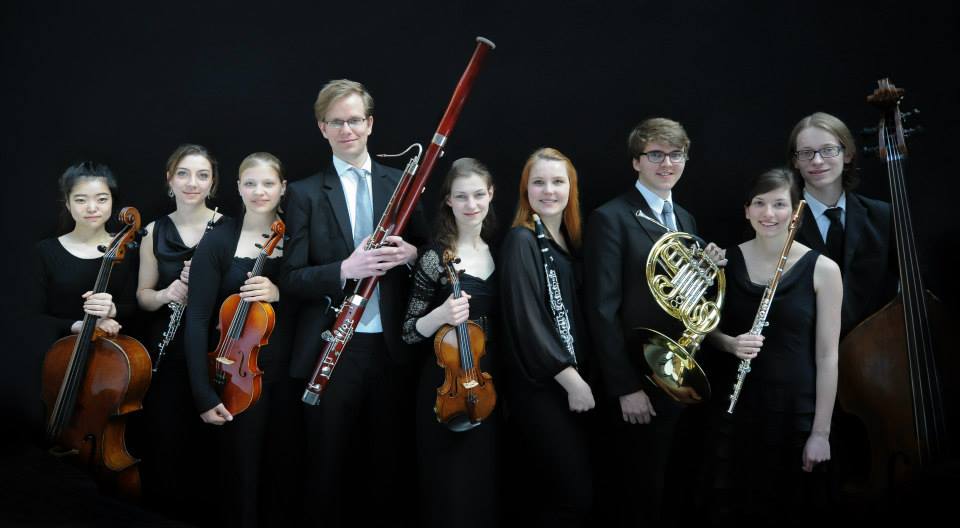Category Archives: Evensong/Music
- Home
- Archive by category "Evensong/Music"

Evensong “The Water is Wide”
“All my longings lie open before you, Lord;
my sighing is not hidden from you.”
“The Water Is Wide” is a traditional folk song with deep roots in the British Isles, particularly Scotland and England, before it became a beloved American folk song. Its origins are complex, as it evolved through oral tradition, with variations in lyrics, melody, and title across regions and centuries. Below is a detailed explanation of its origins and journey to becoming a classic American folk song with summer associations.1. British Isles Origins (17th–18th Century)
- Earliest Roots: The song likely derives from a Scottish or English folk ballad dating back to at least the 17th century. It is closely related to ballads like “Waly, Waly” (sometimes spelled “Wally, Wally”), a lament about love and loss. The earliest known versions appear in Scottish oral traditions, with references to broadsides (printed song sheets) from the 1600s.
- Melody and Structure: The melody associated with “The Water Is Wide” is a modal, haunting tune typical of Celtic folk music. It shares similarities with other traditional songs like “O Waly, Waly,” which was collected in Cecil Sharp’s English Folk Songs from the Southern Appalachians (1917). The song’s structure, with its simple, repetitive stanzas, made it adaptable for oral transmission.
- Lyrics and Themes: Early versions focused on themes of unrequited or lost love, with the “wide water” symbolizing an insurmountable barrier between lovers. For example, a common early stanza is:
“The water is wide, I cannot get o’er / And neither have I wings to fly / Give me a boat that will carry two / And both shall row, my love and I.”
This imagery of rivers and separation resonated in pastoral settings, often evoking summer landscapes.
2. Transmission to America
- Colonial Migration: The song crossed the Atlantic with British and Scottish immigrants, particularly during the 17th and 18th centuries, settling in regions like the Appalachian Mountains, where it became part of the American folk tradition. Scots-Irish settlers, in particular, brought ballads like “The Water Is Wide” to the American South, where they were adapted to local contexts.
- Appalachian Influence: In the Appalachians, the song’s lyrics and melody were shaped by oral tradition, with variations emerging in different communities. It retained its melancholic tone but often incorporated local imagery, such as American rivers or landscapes, which tied it to summer’s reflective, open-air mood.
- African American Influence: Some scholars suggest that African American spirituals influenced the song’s evolution in America, as its themes of longing and crossing water paralleled spirituals like “Deep River.” This blending enriched its emotional depth and melodic variations.
3. Documentation and Revival
- Early Collections: The song was first formally documented in the 19th century, with variants appearing in folk song collections. By the early 20th century, collectors like Cecil Sharp and Francis James Child (known for the Child Ballads) noted versions of “Waly, Waly” and related songs in both Britain and America.
- Folk Revival (20th Century): “The Water Is Wide” gained prominence during the American folk revival of the 1950s and 1960s. Artists like Pete Seeger, Joan Baez, and The Kingston Trio popularized it, often performing it at summer folk festivals. Seeger’s version, in particular, standardized the modern American melody and lyrics, emphasizing its gentle, summery river imagery.
- Adaptations: The song was adapted into various forms, including gospel, pop, and classical arrangements. Its inclusion in school songbooks and campfires further cemented its place in American folk culture, with its river imagery evoking lazy summer days.
6. Historical Significance
- Oral Tradition: The song’s survival through oral tradition highlights its adaptability and emotional resonance, key traits of folk music.
- Cross-Cultural Exchange: Its journey from Scotland/England to America, with influences from African American traditions, exemplifies the blending of cultures in American folk music.
- Modern Legacy: Today, “The Water Is Wide” remains a staple in folk repertoires, performed by artists across genres and taught in music education, often evoking summer’s reflective mood.
The water is wide, I cannot cross o’er,
And neither have I wings to fly.
Give me a boat that will carry two,
And both shall row, my love and I.A ship there is, and she sails the sea,
She’s loaded deep, as deep can be;
But not so deep as the love I’m in,
And I know not how I… pic.twitter.com/kEyJAAJRfG— Tar-Eämon (@SerAemond) September 25, 2025
Evensong “Sleep”
Composed in 2000 Eric Whitacre’s “Sleep” sets the poetry of Robert Frost to music. Widely acclaimed for its subtlety in dissonance and consonance. A classic in the contemporary choral repertoire.
Evensong “Lullabye (Goodnight, my angel)”
Goodnight my angel, time to close your eyes
And save these questions for another day
I think I know what you’ve been asking me
I think you know what I’ve been trying to say
I promised I would never leave you
Then you should always know
Wherever you may go, no matter where you are
I never will be far away
Goodnight my angel, now it’s time to sleep
And still so many things I want to say
Remember all the songs you sang for me
When we went sailing on an emerald bay
And like a boat out on the ocean
I’m rocking you to sleep
The water’s dark and deep, inside this ancient heart
You’ll always be a part of me
Goodnight my angel, now it’s time to dream
And dream how wonderful your life will be
Someday your child may cry, and if you sing this lullaby
Then in your heart there will always be a part of me
Someday we’ll all be gone
But lullabies go on and on
They never die
That’s how you and I will be
— Billy Joel
Evensong “Lullabye/Goodnight, My Angel” 1992 | Billy Joel
Chór Warszawskiego Uniwersytetu Medycznego
Choir of the Medical University of Warsawhttps://t.co/dr1W8g7L6T@UniWarszawskihttps://t.co/Hfkl1LoWeehttps://t.co/Z55taDFARGhttps://t.co/RtUe81ojCN pic.twitter.com/JBDDzrOKnU— Standards Michigan (@StandardsMich) March 10, 2024
Evensong “Last Rose of Summer”
The cool parts of this job are the facilities I see – even the UWNR that I’ve operated before and still have labs to take with!!! pic.twitter.com/YCoNqV8gkJ
— Grace S. Vanderhei (@GraceMVanderhei) October 17, 2022
Evensong “Mr. Sandman”
This content is accessible to paid subscribers. To view it please enter your password below or send mike@standardsmichigan.com a request for subscription details.
“Lark Ascending”
This content is accessible to paid subscribers. To view it please enter your password below or send mike@standardsmichigan.com a request for subscription details.
Evensong “You Can Close Your Eyes”
This content is accessible to paid subscribers. To view it please enter your password below or send mike@standardsmichigan.com a request for subscription details.
Chanson de Nuit, Op. 15, No. 1
Sir Edward William Elgar (2 June 1857 – 23 February 1934) was an English composer, many of whose works have entered the British and international classical concert repertoire. Among his best-known compositions are orchestral works including the Enigma Variations, the Pomp and Circumstance Marches, concertos for violin and cello, and two symphonies. He was appointed Master of the King’s Musick in 1924.
Submissions are now open for the 4th International Audio Engineering Society Acoustics and Sound Reinforcement Conference!
Learn more and submit your paper now: https://t.co/ueFrLYr6Vx#AESorg #audioengineering #acoustics #soundreinforcement pic.twitter.com/zSnAgR8Chn
— Audio Engineering Society (@AESorg) July 13, 2023
New update alert! The 2022 update to the Trademark Assignment Dataset is now available online. Find 1.29 million trademark assignments, involving 2.28 million unique trademark properties issued by the USPTO between March 1952 and January 2023: https://t.co/njrDAbSpwB pic.twitter.com/GkAXrHoQ9T
— USPTO (@uspto) July 13, 2023
Standards Michigan Group, LLC
2723 South State Street | Suite 150
Ann Arbor, MI 48104 USA
888-746-3670


















